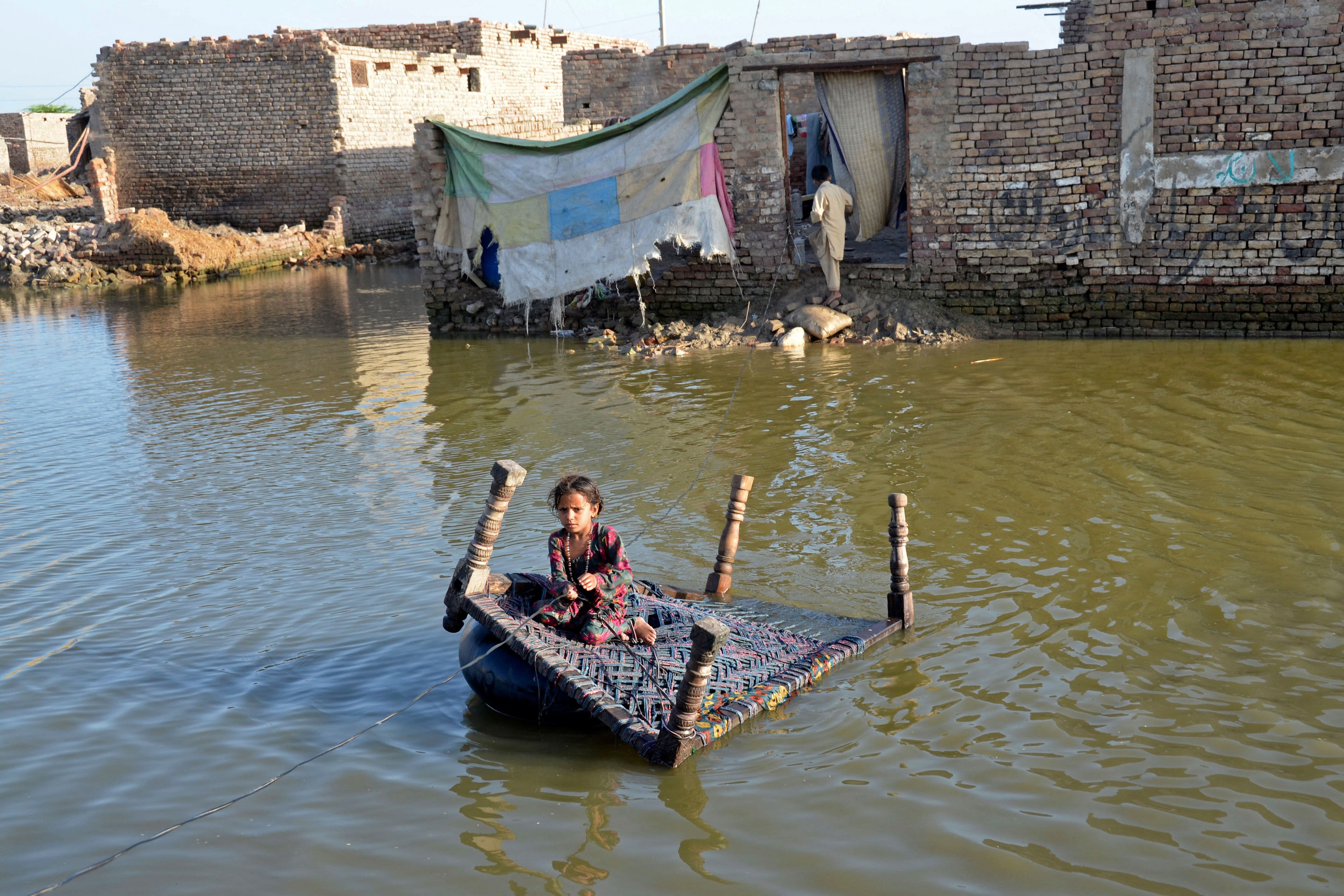Visit a California beach and you might notice items scattered along the shoreline that just don't belong among the sand, waves and marine wildlife.
The environmental group Ocean Conservancy has seen it all when it comes to beach trash, but there are some items that turn up with striking regularity during the group's annual global beach cleanup events.
And, one item has topped the list of most commonly found trash items for the majority of nearly four decades.
Get top local stories in Southern California delivered to you every morning. >Sign up for NBC LA's News Headlines newsletter.
"We're still seeing same type of single use plastics, packaging, cigarette butts, bottle caps, bags, food takeaway containers," said Nick Mallos of Ocean Conservancy.
Here are the top-five items collected on California beaches in Ocean Conservancy's 2022 report.
No. 5: Plastic beverage bottles (15,784)
No. 4: Metal bottle caps (16,919)
No. 3: Plastic bottle caps (24,949)
No. 2: Food wrappers (68,214)
No. 1: Cigarette butts (125,157)
Cigarette butts, which contain plastic filters, have held the No. 1 spot in all but one of the last 38 years.
Other common items found on the California coast included straws and stirrers (13,291), plastic grocery bags (14,000), glass beverage bottles (10,559) and beverage cans (12,770).
All are items that are briefly used, then discarded.
"Certainly, enjoy your beverages, enjoy your foods," said Mallos. "Can you make packaging decisions that don't have an impact if they get lost in the environment? And, then secondly, you usually have a bag with -- you take a piece, take five pieces. Just leave the beach a little cleaner than the way you found it."
Ocean Conservancy reported volunteers collected less trash in 2021 than in 2018, but point out they also had fewer volunteers collecting.
California has some of the strongest plastics legislation in the country, including SB 54. The bill -- the Plastic Pollution Prevention and Packaging Producer Responsibility Act -- was signed into law in 2022 and marks the culmination of an effort to require all single-use packaging to be recyclable or compostable.



